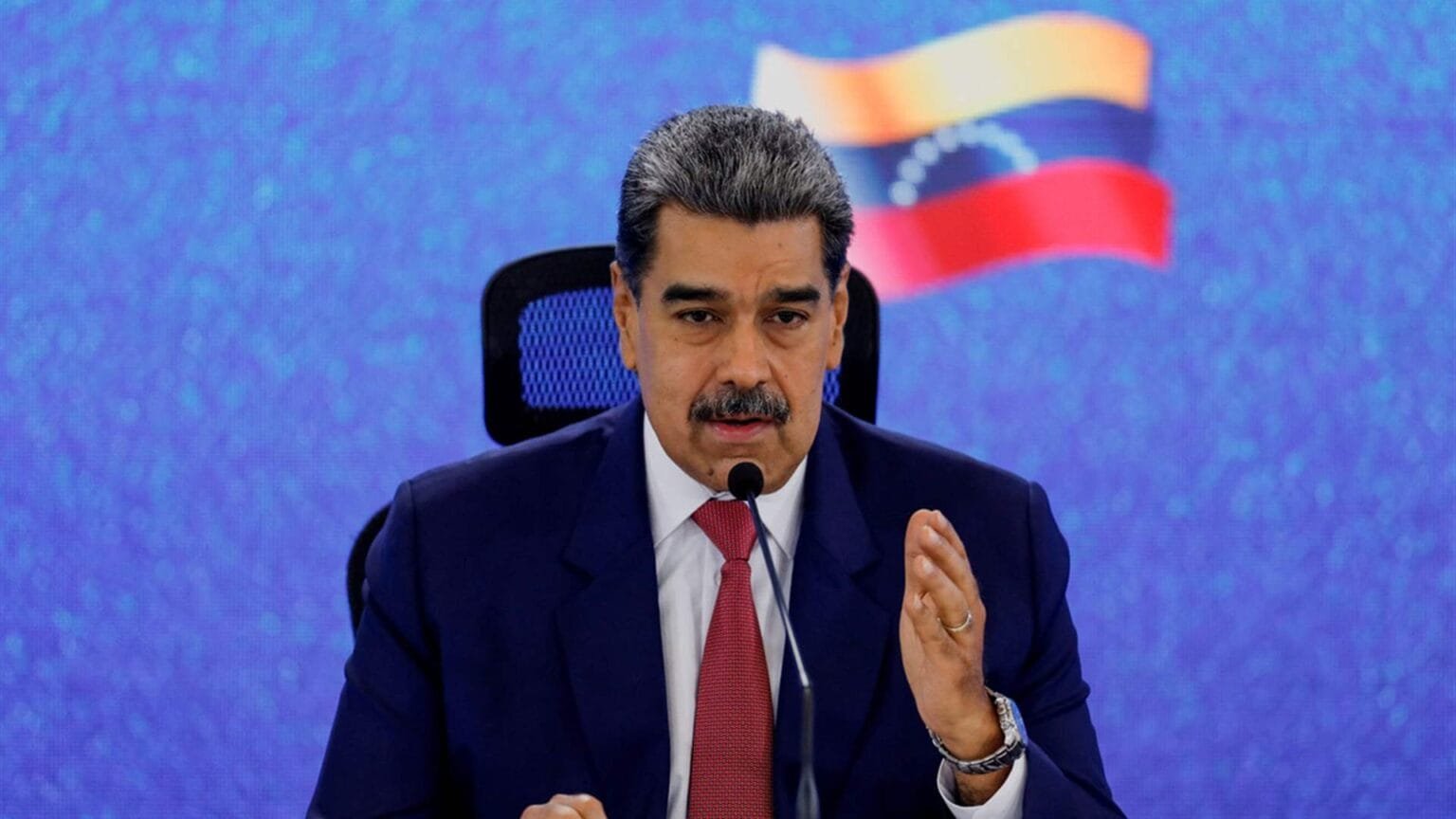Venezuela’s Vice President Delcy Rodríguez said on September 29, that President Maduro is prepared to declare a state of emergency if the U.S. launches a military attack against the country, citing recent U.S. deployments in the Caribbean, including naval operations, as threatening acts. Under a decree already signed by Maduro, he has been granted enhanced security powers in case of military intervention—powers which include mobilizing the armed forces across Venezuelan territory and placing them in charge of public infrastructure and the oil sector.
Maduro has described U.S. military actions as “aggression” rather than routine security operations, rejecting U.S. claims that they are aimed at counter-narcotics. He has portrayed the build-up in the Caribbean—warships, increased naval presence—as intended to undermine Venezuelan sovereignty and possibly to facilitate regime change. At the same time, his government has started preparations: troops have been deployed to coastal regions and borders, civilian militia mobilization has been encouraged, and emergency security infrastructure steps have been taken.
The decree signed gives these emergency powers an initial 90-day validity, with the possibility of renewal for another 90 days under constitutional provisions. Critics both inside and outside Venezuela warn the move could further escalate tensions with the U.S., heighten the risk of miscalculation, and diminish space for diplomatic resolution.
Maduro claims the U.S. deployment in the Caribbean—officially citing anti-drug operations—serves as a pretext for exerting military pressure. He has stated his readiness to defend the country under what he regards as “maximum military pressure,” and has called the current moment one of the gravest threats Latin America has faced in recent history.
Meanwhile, the U.S. has not publicly confirmed plans for a land invasion of Venezuela, and maintains that its presence in the Caribbean is aimed at disrupting drug trafficking networks. While Maduro’s rhetoric is strong, there has so far been no open conflict, though the bilateral relationship remains highly volatile.





